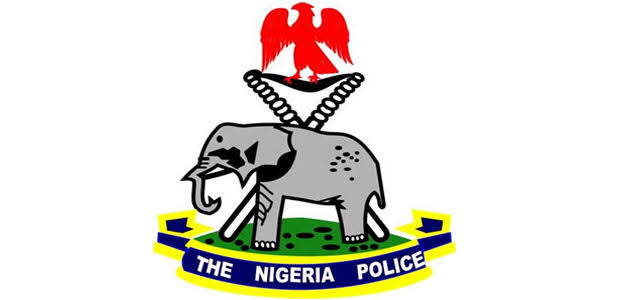The Federal Government of Nigeria has began implementing a “peculiar allowance” for
members of the Nigerian Police Force.
This allowance was approved by President Muhammadu Buhari in a Federal Executive Council meeting held on the 15th of December 2021 and was to have taken effect in January 2022.
The Police Affairs Minister, Maigari Dingyadi, told journalists after the meeting that the allowance would increase police personnel’s take-home pay by 20% of their present earnings.
He stated that this increase was an effort by the Buhari led government to meet demands made by the #EndSARS protesters of October, 2020.
This implementation has however fallen short of what was promised by the Buhari led government.
Some officers within the Nigerian police force had expressed their displeasure over the late implementation as well as a cut in their new allowances promised by the President.
Although the new salary structure was initially delayed due to the inability to update it in the integrated payroll and personnel information system, the authorities as a result, cited insufficient funds on the police coastline.
This information was detailed in a document disseminated through the police wireless
message system, and stated that the upgrade would affect the payment of salaries if implemented.
READ MORE: Kaduna State Police Personnel Rescues Kidnap Victims
The document which was signed by The Chief Financial Officer, Rivers State Police
Command, Hyacinth Okolo further states, “According to information received on June 22, 2022 from
the PAB office in Abuja there is insufficient funding on the personnel cost line and if personnel
promoted a upgraded to the next grade levels and steps, the police authority will be unable to pay
salary.” However the hopes of Police officers have been dashed as the promise was fulfilled but fully.
The “peculiar allowance” reflected in salaries paid in the month of August but the calculation was
below the promised 20%. It was also discovered that officers received their July and August arrears but
the ones between the months of January and June remain unpaid.


